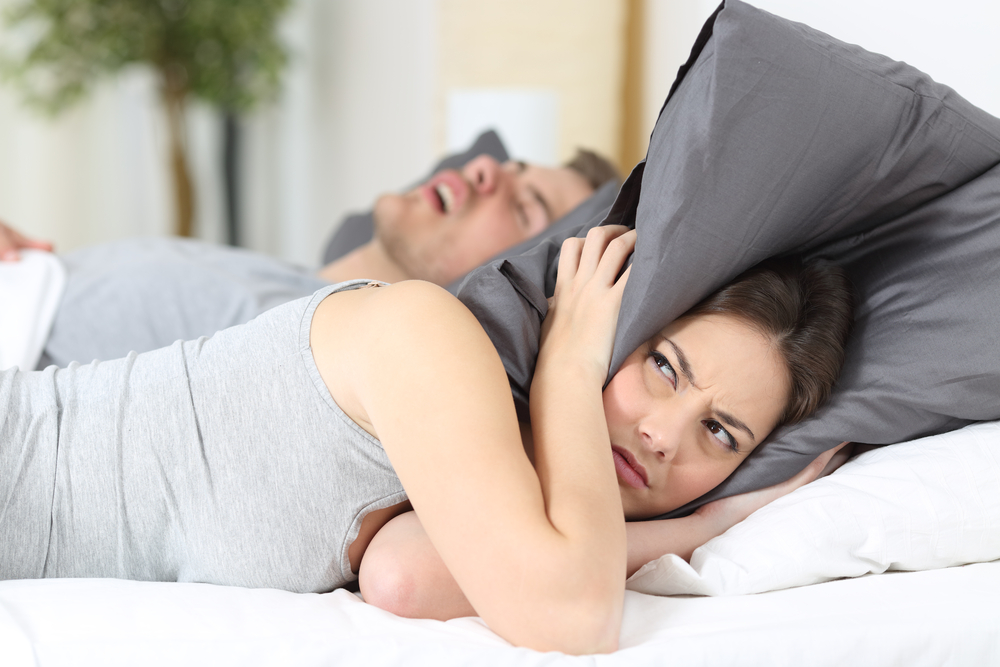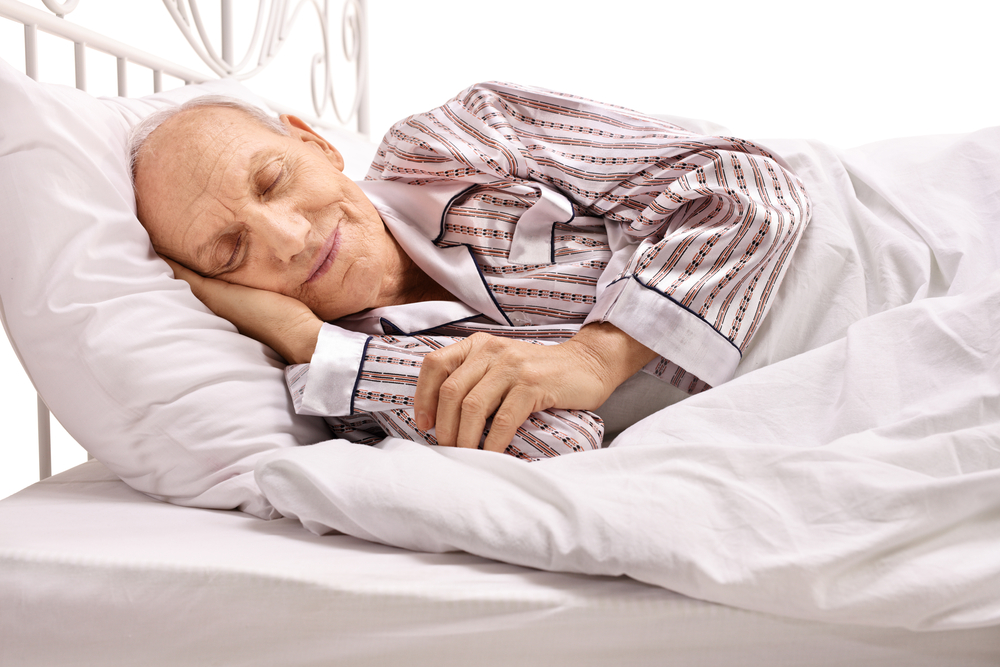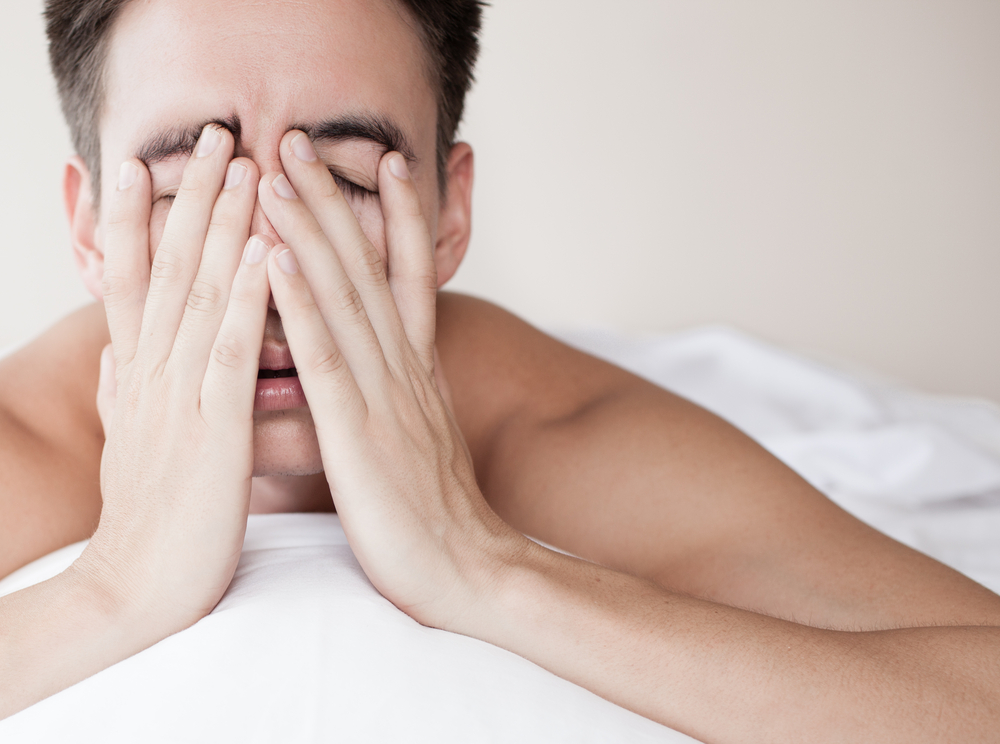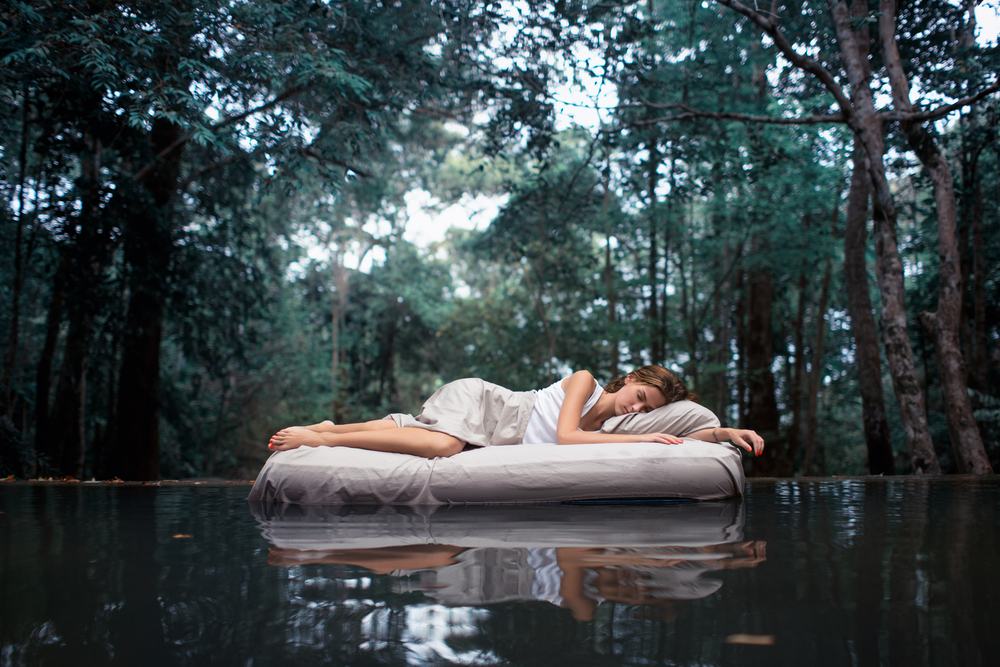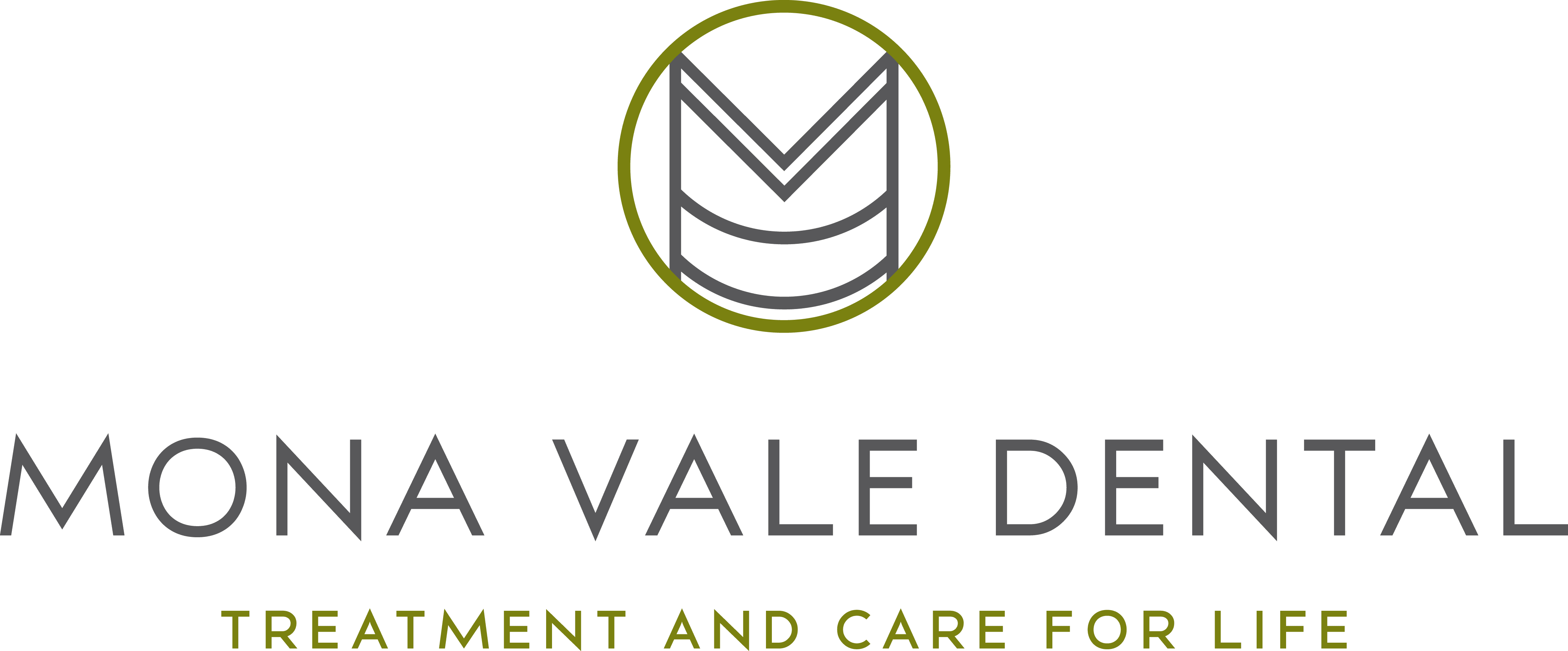Dentistry & Oral Appliance Therapy
Your dentist plays a crucial role in flagging your chronic sleep disorder, if you suffer from one. There are now powerful sleep apnea solutions that restore your snoozing, including oral appliance therapy.
Did you know that you’ll spend roughly 28 years sleeping, by the time you reach your 80th birthday?
This seems excessive, but enjoying quality sleep is one of the best things we can do to keep disease at bay.
Alarmingly, 1.5 million Australians are at risk of cutting their lives short, because they suffer from sleep apnea.
This condition causes repeated breathing interruptions throughout the night, preventing patients from getting a decent rest. Left unchecked, the consequences can be deadly.
What exactly is sleep apnea?
Many sleep disorders are preventable or treatable, but the vast majority of people remain undiagnosed. One of the most common is sleep apnea, which affects over 5 per cent of the Australian population.
If you have this chronic condition, your ability to breathe while sleeping is compromised, leading to less oxygen in your system. This puts pressure on your heart, diaphragm, vascular system and other organs to restore oxygen levels in your bloodstream.
There are three types of sleep apnea:
- Obstructive Sleep Apnea – something is blocking the upper airway of the throat.
- Central Sleep Apnea – the brain fails to alert the muscles to breathe because it’s less stimulated.
- Mixed Apnea – some people experience both OSA and CA at the same time.
The good news is that sleep apnea solutions deliver relief for all three categories (more about this further down).
Who’s most likely to develop this condition? Causes of sleep apnea:
Men are more likely to develop sleep apnea than women. The older you are, the higher the risk, especially if you’re over 65 years of age, but it can affect people of all ages.
Other risk factors include:
- Having a family history of sleep-disordered breathing
- Excess alcohol consumption or smoking
- Having a large tongue or narrow airway
- Obesity
- Taking certain medications (like sedatives) at night
- Having a large neck circumference
The tricky thing about this disorder is that it can be difficult to detect on yourself (you’re asleep, after all)! Many sufferers miss out on effective sleep apnea solutions, because they’re completely in the dark about their condition.
Is sleep apnea serious?
It can be, if left undetected and untreated. Patients with sleep apnea are seven times more likely to die than the general population. Stroke, heart disease, obesity, depression and hypertension are a few of the serious conditions that can develop from this disorder.
Lack of sleep and reduced oxygen levels also lead to impaired cognitive functioning, which contributes to workplace injuries and motor vehicle accidents.
Sleep disorder dentistry – your dentist can identify sleep apnea warning signs:
The vast majority of people with sleep apnea don’t actually know they have it! Others don’t appreciate the full extent of their problem, unless they’ve been properly diagnosed.
Grinding your teeth while sleeping is one of the first alarm bells that indicates you might have a disorder.
Snoring is another.
Your dentist is well placed to identify many sleep apnea warning signs, since they spend a lot of time examining your mouth!
Common red flags that a dentist can pick up on:
- Worn out tooth surfaces (from excessive grinding)
- Inflamed and receding gums
- A large number of cavities
- An irritated and red throat (from too much snoring)
- Having a small jaw
- Scalloped edges on your tongue
Other sleep apnea warning signs that you need to look out for include:
- Feeling unrefreshed and tired when you wake up
- Daytime fatigue and regular naps during the day
- Feeling restless while you sleep
- Having a dry mouth or sore throat when you wake up
- Frequently needing to urinate during the night
- Interrupted sleep from choking or gasping for air
- Problems losing weight
- Rapid weight gain
Sleep apnea solutions – your dentist may have the perfect treatment (oral appliance therapy):
Your dentist can refer you to a specialist for sleep apnea, if their dental examination unveils areas of concern.
Treatment may be required to manage your condition. The good news is that sleep apnea remedies offer major relief, once you’ve been diagnosed as having a problem.
Your dentist can fit you with specialised equipment that puts an end to disturbed sleeping. For example, dental appliances can be worn at night over your teeth (similar to a mouthguard). These work by realigning the lower jaw as you catch up on some rest.
Oral appliance therapy comes in many forms and your dentist will find the best sleep apnea solution for you.
Dr Alistair Graham from Mona Vale Dental has helped many people with sleeping disorders. If this is something that keeps you awake at night, please contact our clinic and we’ll see what we can do.


